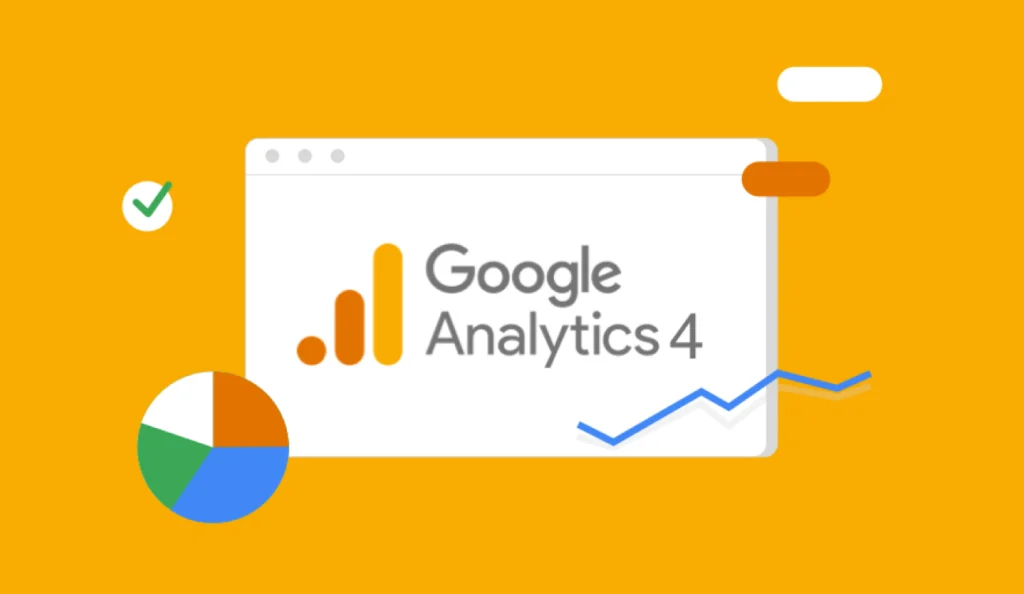How to Use Google Analytics to Improve Your Marketing Strategy
Google Analytics provides powerful insights that can transform your marketing efforts when used effectively. Understanding your website traffic, user behaviour, and conversion patterns helps make informed marketing decisions. By mastering Google Analytics, marketers can identify opportunities, fix problems, and improve campaign performance. This comprehensive guide will help you harness Google Analytics data to enhance your marketing strategy and achieve better results.

Understanding Key Metrics
Google Analytics offers numerous metrics for tracking website performance. Focus on metrics that align with your marketing goals. Regular monitoring helps identify trends and opportunities.
Essential metrics include:
- Page views
- Session duration
- Bounce rate
- Conversion rates
- Exit pages
Traffic Source Analysis
Understanding where visitors come from helps optimise marketing channels. Different sources often show varying conversion rates. Adjust spending based on source performance.
Key traffic sources include:
- Organic search
- Paid advertising
- Social media
- Direct visits
- Email campaigns
User Behaviour Tracking
Study how visitors interact with your website. Track popular pages and common paths. Identify where users leave or convert.
Important behaviour metrics:
- Navigation paths
- Popular content
- Time on page
- Scroll depth
- Click patterns
Conversion Tracking Setup
Set up goals to track important actions. Monitor conversion rates across different channels. Identify successful conversion paths.
Common conversion types:
- Purchase completion
- Form submissions
- Newsletter signups
- Download requests
- Contact enquiries
Campaign Performance Monitoring
Track marketing campaign effectiveness through Google Analytics. Compare different campaigns and approaches. Measure return on investment.
Campaign metrics include:
- Click-through rates
- Conversion rates
- Cost per conversion
- Revenue generated
- Return on ad spend
Mobile Performance Analysis
Check how your site performs on mobile devices. Compare mobile and desktop behaviour. Identify mobile-specific issues.
Mobile considerations include:
- Loading speed
- Navigation patterns
- Device types
- Screen sizes
- Operating systems
Geographic Data Usage
Study where your visitors come from. Identify strong and weak markets. Adjust targeting based on location performance.
Geographic insights include:
- Country data
- City information
- Language preferences
- Time zones
- Regional trends
Custom Report Creation
Build reports that match your specific needs. Focus on metrics that matter most. Share insights with stakeholders.
Useful report elements:
- Key performance indicators
- Conversion trends
- Traffic patterns
- User behaviour
- Revenue data
Dashboard Development
Create custom dashboards for quick insights. Include most important metrics. Update dashboards regularly.
Dashboard components:
- Traffic overview
- Goal completion
- Revenue tracking
- Campaign performance
- User engagement
Site Speed Monitoring
Track loading times across your website. Identify slow-loading pages. Monitor mobile speed performance.
Speed metrics include:
- Page load time
- Server response
- Browser loading
- Resource timing
- User timing
Audience Analysis
Understand who visits your website. Track demographic information. Monitor user interests and behaviours.
Audience metrics include:
- Age groups
- Gender split
- Interests
- Behaviour patterns
- Technology use
Regular analysis of Google Analytics data helps improve marketing effectiveness. Start with basic metrics and expand your analysis over time. Focus on data that directly impacts your marketing goals.
Remember that Google Analytics provides valuable insights for marketing decisions. Keep learning about new features and capabilities. By understanding and acting on analytics data, your marketing strategy can become more targeted and effective. Regular monitoring and adjustment based on analytics insights will help optimise your marketing performance.





